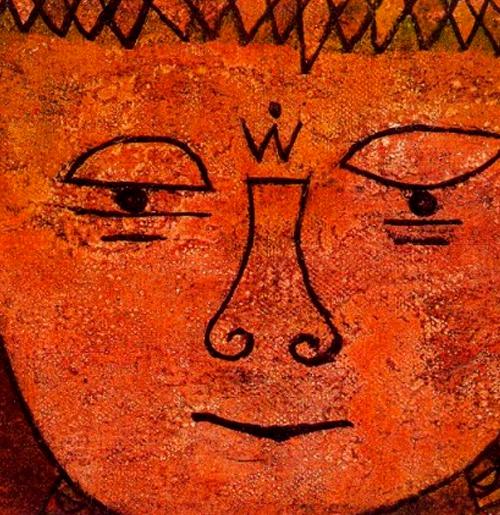The present issue is devoted to reviewing one of the most important controversies in the world today - that of artificial reproductive technology or techniques (ART). As far as bioethics is concerned, this is truly where "the rubber hits the road." The question is about technological intervention in human reproduction, which our society tends increasingly to answer purely in terms of practical results in the short term, and without any consideration of ontology or the "nature" of the human person either of the parents or of the offspring.
The Catholic Church's view on this question was summarized by Pope John Paul II on August 27, 1999, speaking to participants in an International Study Week of the Pontifical Institute for Studies on Marriage and Family:
"To eliminate the corporeal mediation of the conjugal act as the place where a new human life can originate means at the same time to degrade procreation from cooperation with God the Creator to the technically controlled ‘re-production' of an exemplar of the species, and thus to lose the unique personal dignity of the child (cf. Donum Vitae, II B/5). Indeed, only when there is integral respect for the essential characteristics of the conjugal act as a personal gift of the spouses, at once corporeal and spiritual, is the person of the child also respected and expression given to his origin in God, the source of every gift."
Michael Hanby's lead article expanding on the implications and foundations of this teaching is important and should be read in full. I do not plan to rehearse those arguments here. But it is worth noting that the controversy is not about the word "artificial" per se. In fact it is fairly clear to everyone where the difference lies between "natural" reproduction and the kinds of "artificial" intervention that go under the name of IVF or ART. The controversy is more about the significance of that difference, and this only comes into view when ontology is brought into the picture. It is about the nature of the human beingrather than the naturalness of the technique.
From the books under review we hear in chorus that a host of practical problems and moral dilemmas arise from the use of ART, not least the psychological confusion of those who have been conceived in this way and denied access to their genetic parents.
More than eight years ago, in February 2004, the Pontifical Academy for Life issues its Final Communiqué on The Dignity of Human Procreation and Reproductive Technologies: Anthropological and Ethical Aspects. It noted that 25 years had passed since the first baby conceived by in vitro fertilization. More than a million children had already been born by this method.
While noting the understandable human reasons that had led many couples to resort to the new technology, the Academy noted with concern the growing sense that reproduction by ART constitutes a preferential method, compared to "natural" procreation, given the added possibility of "quality control." Of course, in reality this means the selection of a preferred embryo after screening, leading to the freezing or death of those not selected.
All such techniques, the Church asserts, are contrary to the inalienable dignity of the human being which it is our moral duty to affirm and defend.
"We thus state again our firm conviction that artificial reproductive techniques, far from being a real treatment for the sterility of a couple, in reality constitute an unworthy method for the coming forth of a new life, whose beginning thus depends in large measure on the technical action of third parties outside the couple and takes place in a context totally separated from conjugal love. In employing ART, indeed, the spouses do not in any way take part in the conception of their child through the reciprocal corporeal and spiritual self-giving of their persons by means of the conjugal act."
It is this rational conviction that you will find echoed again and again among our reviewers. But, as Professor Hanby points out, the pressure exerted by today's liberal and social elites and by our political journalism against the very possibility of thinking deeply - that is ontologically - about anything, especially ourselves, is hard to resist.
Stratford Caldecott
June 2012
NOTES
The Dignity of Human Procreation and Reproductive Technologies (2004) is available here.
The earlier (1987) Instruction on Respect for Human Life in its Origin and on the Dignity of Procreation by the Congregation for the Doctrine of the Faith (also known as Donum Vitae) is available here.
The 2008 Instruction Dignitas Personae on Certain Bioethical Questions, by the Congregation for the Doctrine of the Faith, is available here.
Stratford Caldecott MA (Oxon.), STD (hc), the
founding Editor of Humanum,
was a graduate of Oxford University, where he was a research fellow at St
Benet's Hall. A member of the editorial boards of the international Catholic
review Communio, The Chesterton Review, Magnificat (UK), and Second Spring, he
is the author of several books including Beauty for Truth's Sake, Beauty in the Word, and The Radiance of Being.



